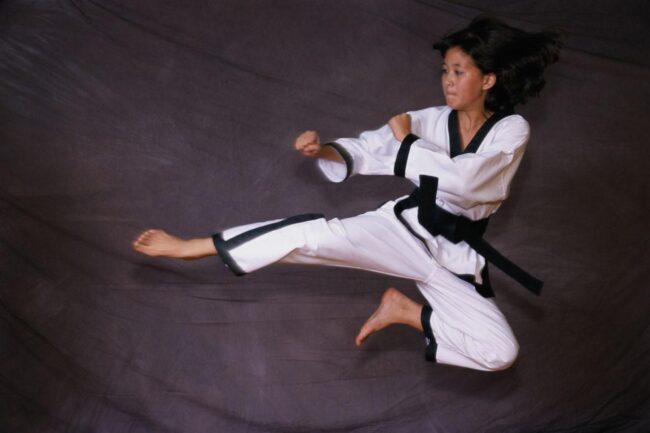Opening a Dojo: A Guide to Creating a Thriving Community of Martial Arts Enthusiasts
The role of a Sensei is a highly respected one in Japanese culture and society. A Sensei is a teacher, a mentor, and a guide who imparts knowledge and values on their students. To become a Sensei, one must not only possess strong martial arts skills but also have a deep understanding of Japanese culture and the philosophy behind martial arts. The way of martial arts is something special and we hope you will pass it to your studetnts!
To begin the journey of becoming a Sensei, one must first find the right teacher. A good teacher will not only train you in the physical aspects of martial arts but will also instill in you the discipline, humility, and patience required to become a Sensei. You will learn the different techniques, forms, and styles associated with various martial arts and also delve into the history and philosophy behind these practices.

Once you have acquired the appropriate skills and knowledge, you must then undergo the process of obtaining your black belt. This process is not easy and varies depending on the martial arts style, but it entails rigorous training and dedication to perfect your skills. Achieving your black belt is not the end of your journey but rather the beginning of your journey towards becoming a Sensei.
As a Sensei, one must also have strong leadership skills and be able to communicate effectively with their students. A Sensei must be able to inspire and motivate their students to achieve their full potential, both in martial arts and in life. In order to accomplish this, one must practice the values of martial arts in their daily life and lead by example.
Opening a dojo is the next step towards becoming a Sensei. A dojo is a space for martial arts training, and it can also be a community center for members to gather and learn. When opening a dojo, one must consider the location, size, and equipment needed. It is important to find a location that is accessible to your potential students, and the dojo should be of sufficient size to accommodate training and other activities.
To open a successful dojo, one must also have strong marketing skills. It is important to create a brand for your dojo and build a following through social media, word of mouth, and other marketing strategies. Building a strong community of students and supporters is key to the success of your dojo.
In conclusion, becoming a Sensei and opening your own dojo requires dedication, hard work, and a deep understanding of martial arts and Japanese culture. It is a journey that requires patience, humility, and continual learning. By following the proper steps and practicing the values of martial arts, anyone can become a successful Sensei and open a thriving dojo.
